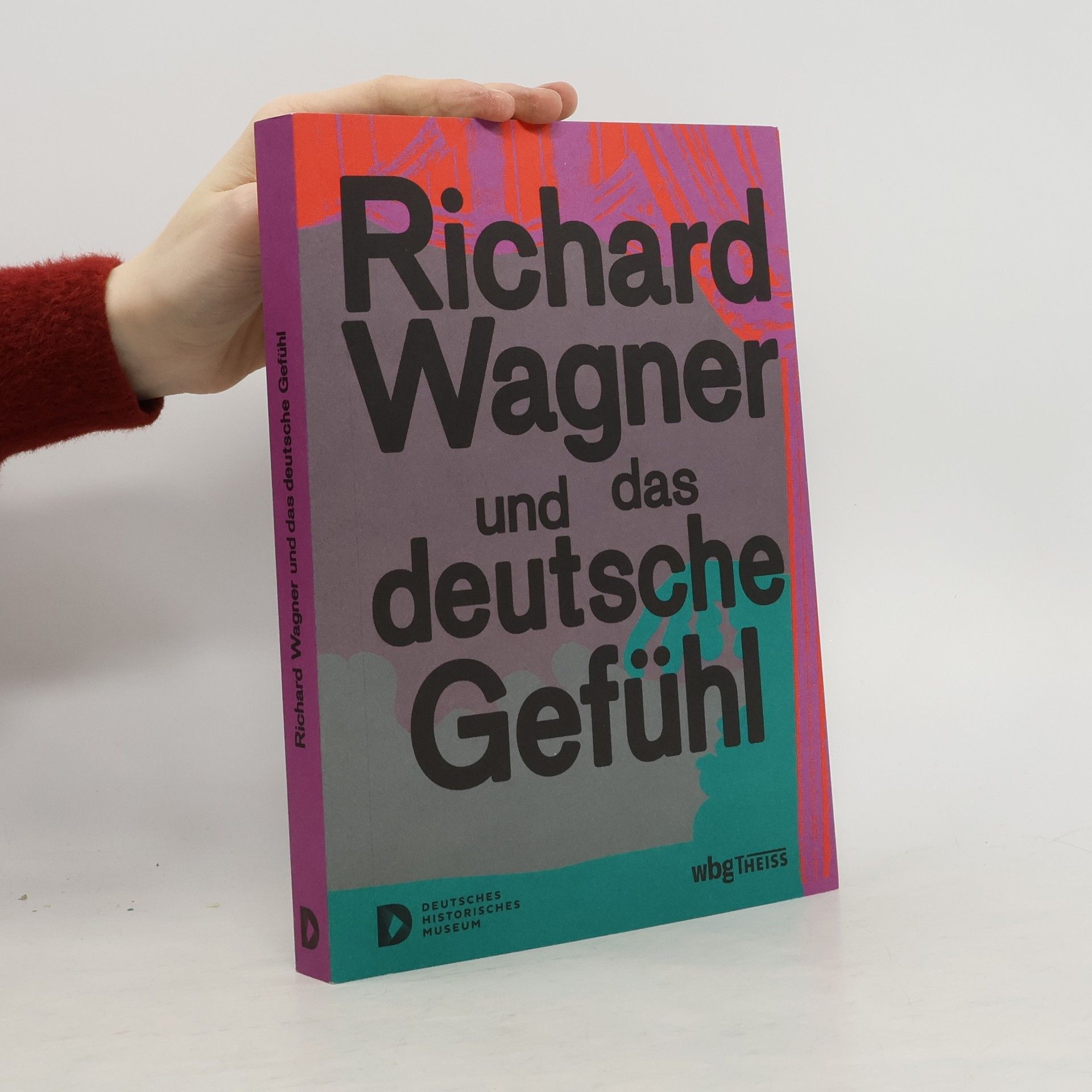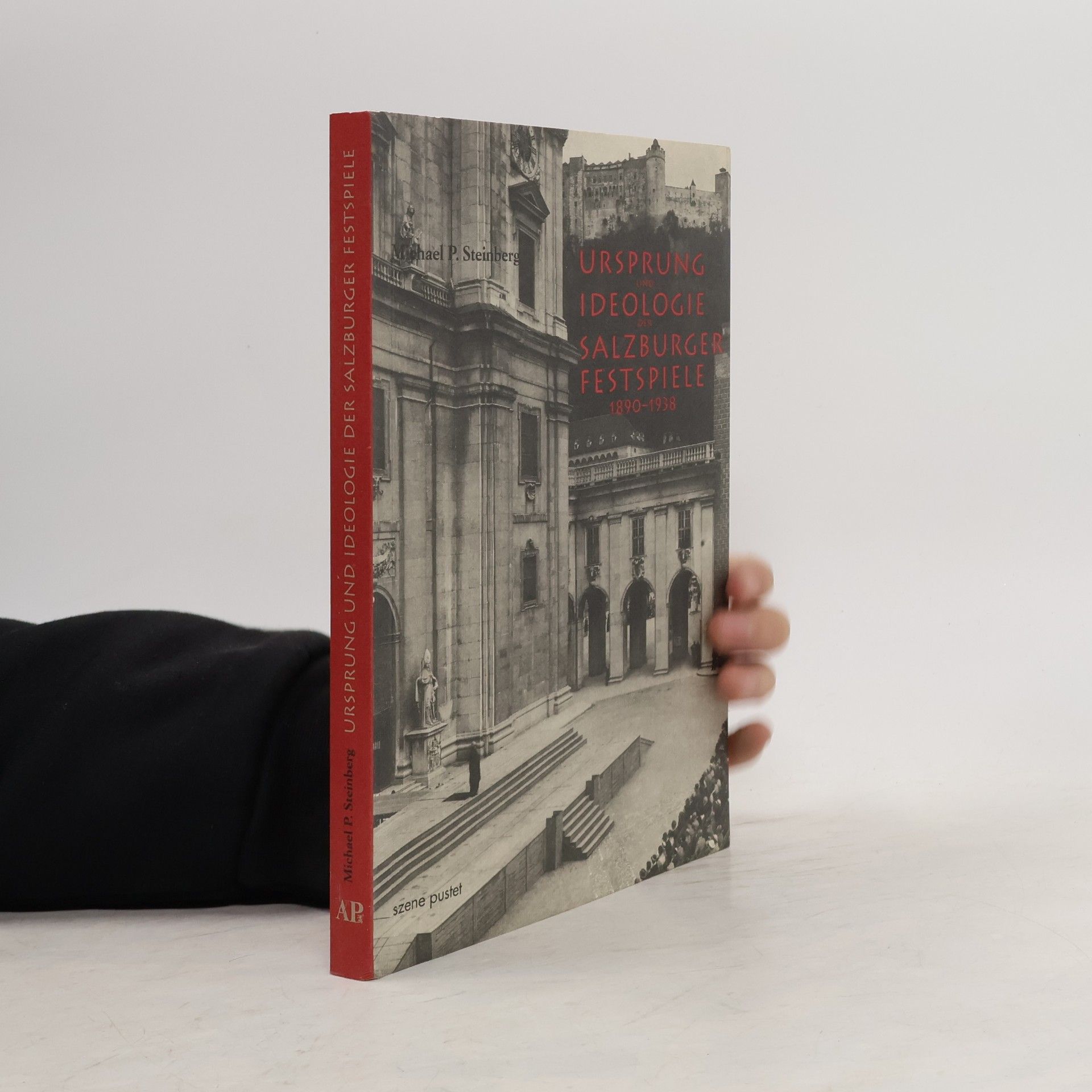Engages the lengthy debate over the ivory-bill woodpecker’s status by examining reported sightings and extensive efforts to find the rare bird in Louisiana.
Michael P. Steinberg Libros
El profesor Michael P. Steinberg profundiza en la historia cultural e intelectual de la Europa moderna, la historia judía alemana, la historia y teoría de la modernidad, y la política y las artes. Su obra explora la historia cultural de la música y examina la interacción entre política y arte, ofreciendo a los lectores una visión profunda de las complejidades de la psique europea moderna. Como Director del Cogut Center for the Humanities y Profesor de Historia y Música en la Universidad de Brown, Steinberg aporta un amplio conocimiento y profundidad analítica a sus contribuciones literarias. Su enfoque se basa en un examen interdisciplinario de los fenómenos culturales, lo que permite una experiencia de lectura rica y estimulante.




The Afterlife of Moses
- 240 páginas
- 9 horas de lectura
"In The Afterlife of Moses, Steinberg addresses the story of Moses and the Exodus as a foundational myth of politics, of the formation not of a nation but of a political community grounded in universal law. Motivated in part by this recent period of reactionary insurgency in the US, Europe, and Israel, this work of intellectual history articulates the way in which a critique of myths of origin as a principle of democratic government, affect, and citizenship has equal relevance in these places and equal fragility"--
Richard Wagner und das deutsche Gefühl
- 272 páginas
- 10 horas de lectura
Richard Wagner hat das 19. Jahrhundert in ganz unterschiedlichen Positionen miterlebt und geprägt – als wirkmächtiger Komponist und Autor, aber auch als Revolutionär und Exilant, als Theaterreformer und Festspielgründer. Er war nicht nur Zeuge politischer Umbrüche und Strömungen, sondern hat gesellschaftliche und emotionale Befindlichkeiten seiner Zeit registriert, aufgegriffen und (um-)gestaltet. Dabei zeigt sich Wagner als Gefühlstechniker, der in einer zunehmend kommerzialisierten Welt den gesellschaftlichen Stellenwert der Kunst – und des Künstlers – neu verortete. Seine Vorstellungen vom Musikdrama als Gesamtkunstwerk waren immer auch eine Kritik an der Moderne.Wagner war Antisemit. Wieweit seine Inszenierung von Gefühlen, seine Vorstellungen von Musik und Kunst, seine Fantasie über Unterdrückung und Erlösung sowie seine Kritik an der Moderne von diesem Antisemitismus geprägt waren oder den Antisemitismus mit ausmachten, ist bis heute umstritten.Der Begleitband zur gleichnamigen Ausstellung befasst sich mit Wagners Inszenierungen konkreter Gefühle und stellt die Geschichte ihrer Konzeption in den Kontext des 19. Jahrhunderts.